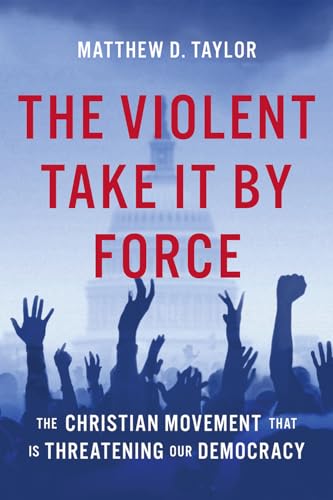What do you think?
Rate this book


292 pages, Hardcover
Published October 1, 2024
The Toronto experience was, for those who embraced it, an encounter of joyous liberation and catharsis. They believed that the Holy Spirit was unleashing these new rapturous manifestations, which not only included holy laughter but also what people described as being “drunk in the Spirit,” jumping up and down (“pogo-ing”), and occasionally even barking like dogs, roaring like lions, or squawking like chickens. In Toronto, the revival-driven charismatic energy was off the chain. Randy Clark and the Arnotts became charismatic heroes at the heart of the new outpouring. But the practices of the Toronto Blessing—the holy laughter and other manifestations—also rapidly spread to thousands of other North American churches as charismatic pilgrims brought testimonies and infectious excitement back with them.
Reflecting back on this campaign, Cindy Jacobs would comment that it was “an urgent Pentecostal type of prayer” that, in effect, got Trump into office: “There is no way he could have been elected if it weren’t supernatural.” Whether or not that is true …
If your political opponents are, literally, inspired by demons, then there’s no negotiating with them. Demons are not meant to be negotiated with; they are meant to be battled, exorcised, and expelled. As we saw on January 6, this rhetoric of spiritual violence stokes real-world violence. You can only proclaim that a group of people or a political party is filled with demons for so long before someone decides that those demonic vessels must actually be physically attacked.